tǐ
body
Phonosemantic compound. 骨 represents the meaning and 豊 represents the sound.
Evolution

Bronze script
Late Warring States (~250 BC)
Seal script
Shuowen (~100 AD)
Clerical script
Qin dynasty (221-206 BC)Regular script
ModernDefinitions
Most common words with 體
Freq. | Word | Meaning |
|---|---|---|
the body | ||
dead body | ||
media, esp. news media | ||
concrete | ||
body |
Sources
